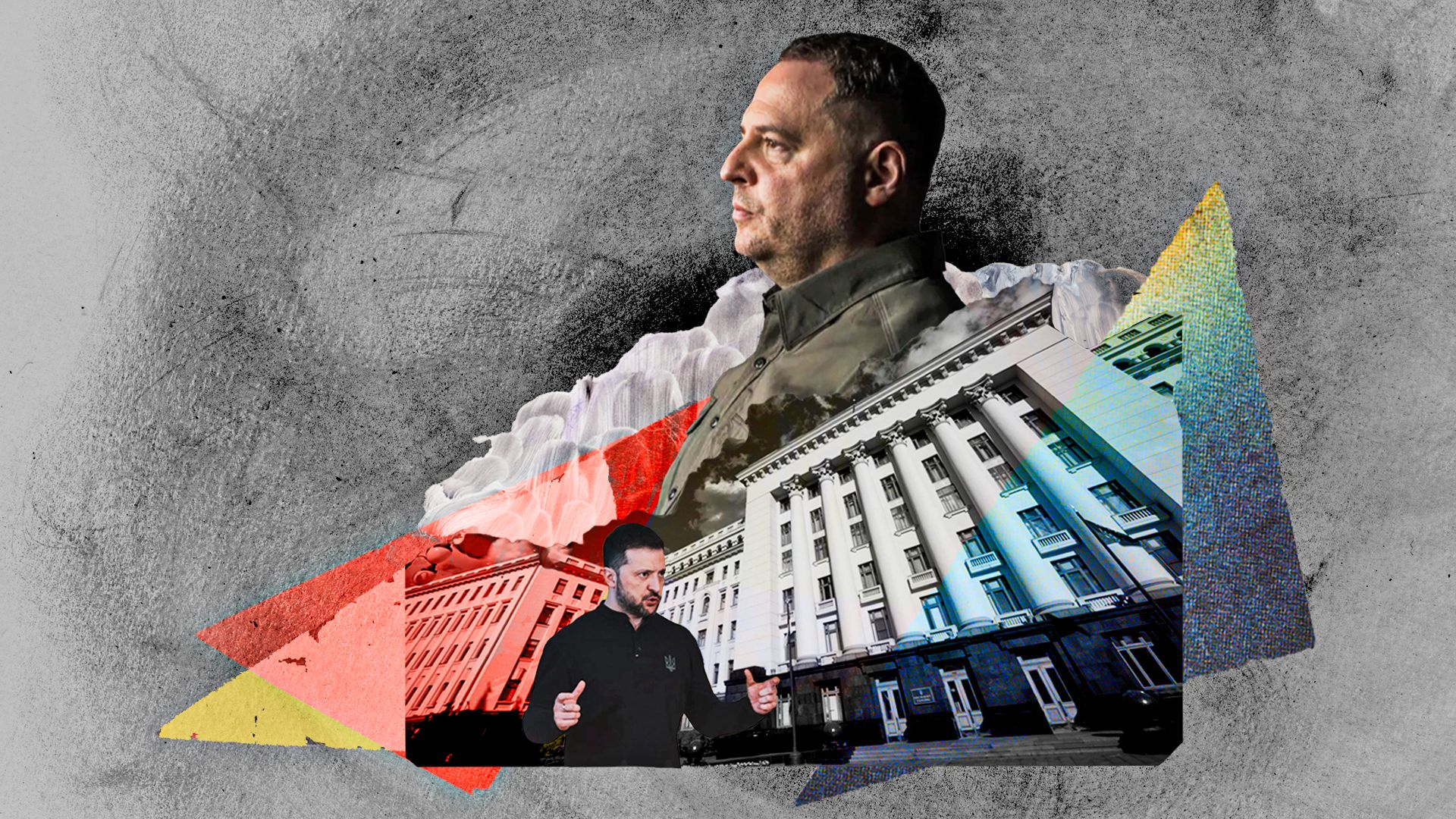European officials welcome Ukraine’s anti-corruption searches of Zelensky's top aide

As law enforcement raids the house of President Volodymyr Zelensky’s closest aide, European officials are voicing support for Ukraine's anti-corruption agencies — with one even expressing relief that a figure seen a toxic among some in Europe is being investigated.
On the morning of Nov. 28, the National Anti-Corruption Agency (NABU) searched the home of Yermak, the head of the President’s Office, in Kyiv’s government quarter. The raid is widely believed to be connected to Operation Midas, an investigation that has implicated Zelensky’s inner circle in the largest corruption scandal of his presidency.
The investigation comes as Yermak leads the Ukrainian side in critical peace talks with the U.S., after Washington proposed a controversial plan that favors many of Russia's maximalist demands. Zelensky appointed him to lead a Ukrainian delegation in the U.S.-Ukraine talks in Switzerland on Nov. 23, despite criticism from anti-corruption activists.
European officials are "relieved" about the investigation as Yermak is widely seen in Europe as "toxic," a high-ranking European diplomat told the Kyiv Independent under condition of anonymity.
But due to his role in the peace negotiations, the European side is unlikely to pressure Zelensky to fire Yermak, the diplomat said.
Poland’s Defense Minister Wladyslaw Kosiniak-Kamysz said that the country’s strategy for supporting Ukraine won’t change, Polish media reported. But Warsaw expects further clarification on the investigation and stressed that Ukraine needs transparency in its anti-corruption policy, he added.
Another European diplomat speaking under the condition of anonymity told the Kyiv Independent that it is in "all our interests" for Ukraine to get rid of "all the problematic personnel." As long as Ukraine is conducting the investigation properly, then it isn’t Europe’s responsibility "to criticize this or not," the diplomat said.
"We are just interested that everything on the Ukrainian side is working properly and that we will have clear responsibilities and clear points of contact. We don't care who specifically holds these positions," they added.
In a comment to the Kyiv Independent, Guillaume Mercier, a European Commission spokesperson, said that "any investigations show that the anti-corruption bodies are in place and are allowed to function."
"The fight against corruption has been a central element of our enlargement package. The fight against corruption is key for a country to join the European Union," he added.
Over the summer, Brussels pressured Zelensky to roll back a law curtailing the independence of NABU and the Specialized Anti-Corruption Prosecutor's Office (SAPO), widely seen as an attempt to exert power over the independent agencies. The government eventually conceded after the move sparked widespread protests throughout the country.
NABU launched Operation Midas on Nov. 10, uncovering a $100 million corruption scheme involving state nuclear power monopoly Energoatom that has shaken Zelensky’s rule. So far, eight suspects have been charged in the Energoatom case, and Timur Mindich, a close associate of the president, is allegedly the ringleader.
Anti-corruption activists suspected that Yermak was involved in the scheme too, although NABU didn’t initially mention his name. Experts previously told the Kyiv Independent that, by sending Yermak as a negotiator, Zelensky sought to protect him from investigators.
One of the luxury houses near Kyiv financed through the Energoatom scheme was meant for Yermak, a law enforcement source told the Kyiv Independent when the investigation became public.
In Ukraine, lawmakers and activists see the investigation as a win for democracy and the country’s arduous battle against corruption. But many are concerned that the President’s Office could retaliate against anti-corruption bodies.














